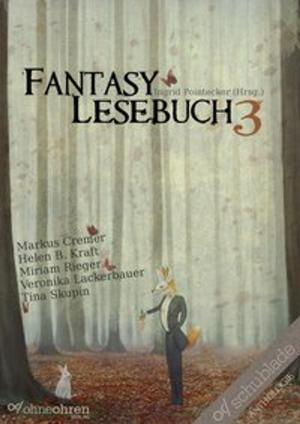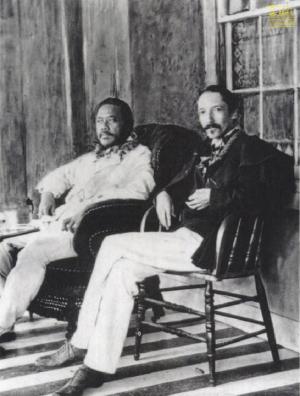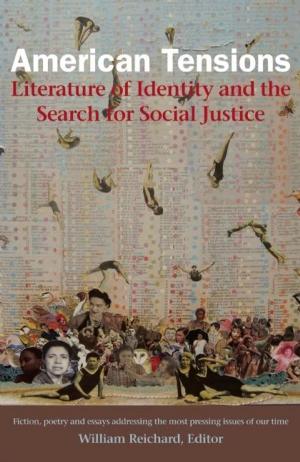| Author: | Lois Charles | ISBN: | 9781311386212 |
| Publisher: | Lois Charles | Publication: | March 9, 2016 |
| Imprint: | Smashwords Edition | Language: | English |
| Author: | Lois Charles |
| ISBN: | 9781311386212 |
| Publisher: | Lois Charles |
| Publication: | March 9, 2016 |
| Imprint: | Smashwords Edition |
| Language: | English |
In South Philadelphia in 1931, some unemployed people line up for a $4 weekly allowance, while others plot crimes instead. Tony Becker ropes 19-year-old Nick Scavello into robbing Jake Moski’s clothing shop; when police officer John Linden hears shots coming from Moski’s, he and his partner run to help. In the ensuing chase, Nick is shot dead, but not before he slashes John in the thigh, causing crippling nerve damage. This opening incident has far-reaching effects: Nick’s brother Al, another petty criminal, vows vengeance on the police; Mark, John’s Drexel University–bound son, harbors bitterness about his father’s injury; and Jake, eager to repay John’s bravery, offers to cover Mark’s college tuition. Mark is the protagonist of the rest of the novel, and as he works his way through law school and marries heiress Gloria Walker, he struggles to abide by his principles. Later, as a district attorney, Pennsylvania governor, and potential presidential candidate, he must resist sketchy propositions from the local crime ring—even when it leads Al and his cronies to threaten his daughter, Susan.
Author Charles’ careful research into such details as prices, salaries, and period slang (“He didn’t welsh on any bets and he couldn’t think of anyone who would squeal on him”) lends authenticity to the historical narrative.
The unusual title is a metaphor taken from poker: is Mark willing to sacrifice two other people in his race to the top? Or will mercy win out in the end? The book’s gentle, pay-it-forward message—and its unsubtle presentation of the Gospel—gives it the flavor of a morality tale.
Kirkus Reviews
In South Philadelphia in 1931, some unemployed people line up for a $4 weekly allowance, while others plot crimes instead. Tony Becker ropes 19-year-old Nick Scavello into robbing Jake Moski’s clothing shop; when police officer John Linden hears shots coming from Moski’s, he and his partner run to help. In the ensuing chase, Nick is shot dead, but not before he slashes John in the thigh, causing crippling nerve damage. This opening incident has far-reaching effects: Nick’s brother Al, another petty criminal, vows vengeance on the police; Mark, John’s Drexel University–bound son, harbors bitterness about his father’s injury; and Jake, eager to repay John’s bravery, offers to cover Mark’s college tuition. Mark is the protagonist of the rest of the novel, and as he works his way through law school and marries heiress Gloria Walker, he struggles to abide by his principles. Later, as a district attorney, Pennsylvania governor, and potential presidential candidate, he must resist sketchy propositions from the local crime ring—even when it leads Al and his cronies to threaten his daughter, Susan.
Author Charles’ careful research into such details as prices, salaries, and period slang (“He didn’t welsh on any bets and he couldn’t think of anyone who would squeal on him”) lends authenticity to the historical narrative.
The unusual title is a metaphor taken from poker: is Mark willing to sacrifice two other people in his race to the top? Or will mercy win out in the end? The book’s gentle, pay-it-forward message—and its unsubtle presentation of the Gospel—gives it the flavor of a morality tale.
Kirkus Reviews















